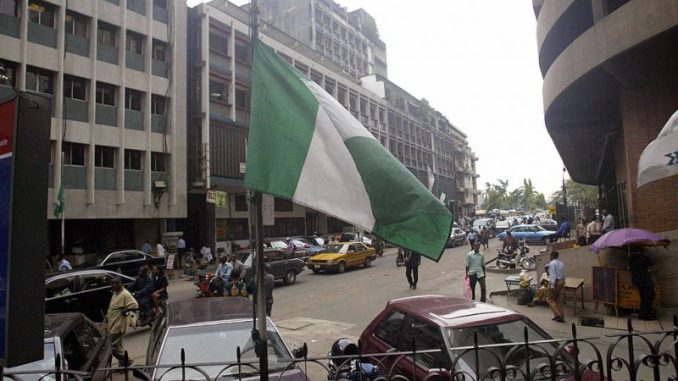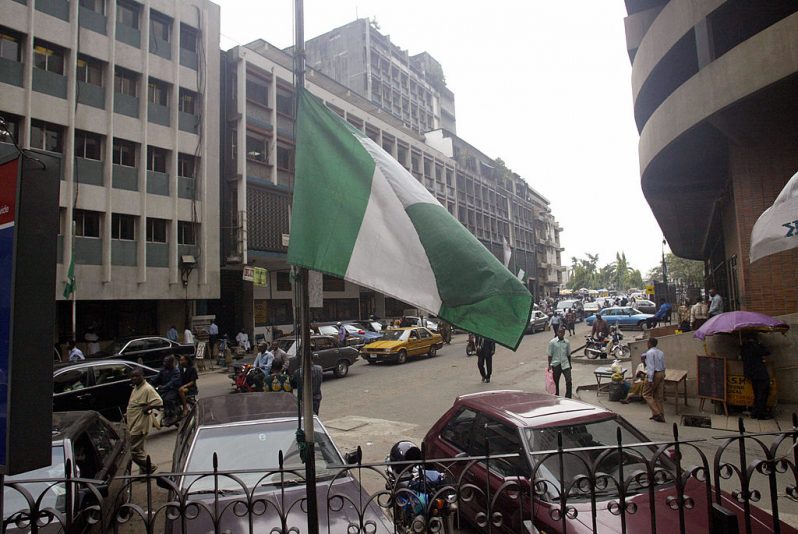

OAN Staff James Meyers
8:07 AM – Wednesday, October 16, 2024
Over 140 people were killed and dozens were left wounded Tuesday night after a fuel tanker crashed and then exploded in Nigeria, local officials stated.
Advertisement
Authorities stated that the driver lost control of the vehicle in Majiya town, which is near the northern city of Kano.
A mass burial was held for the victims of the accident on Wednesday morning, but a spokesman for Nigeria’s National Emergency Management Agency stated “more than 140” people were placed in a massive grave. The spokesman also said he expected the death toll to rise.
Eyewitnesses at the scene said the casualties were so high, because as often happens at accident scenes involving fuel trucks, locals arrived quickly in hopes of taking some of the spilled fuel.
“The residents were scooping up fuel from the overturned tanker when the explosion occurred, sparking a massive inferno,” police spokesperson Lawan Adam told The Associated Press.
Meanwhile, in September, 48 people were killed in the African nation when a fuel tanker collided with a truck full of people and cattle. Both the people and cattle were burned alive in the incident.
Additionally, truck accidents are common in Nigeria, often blamed on the country’s poor roads.
The World Health Organization (WHO), in a 2018 report, estimated the number of road accident deaths in the country at nearly 40,000 per year.
Meanwhile, Nigerians have also faced a cost-of-living crisis since a national fuel subsidy was canceled in May 2023, which caused prices to increase. In 2022, almost 40% of the country’s revenue was spent on fuel subsidies for residents.
Furthermore, Nigeria is currently going through the country’s worst economic crisis in a generation, with a second huge fuel price increase in a month kicking in just last week.
Stay informed! Receive breaking news blasts directly to your inbox for free. Subscribe here. https://www.oann.com/alerts
Advertisements below

